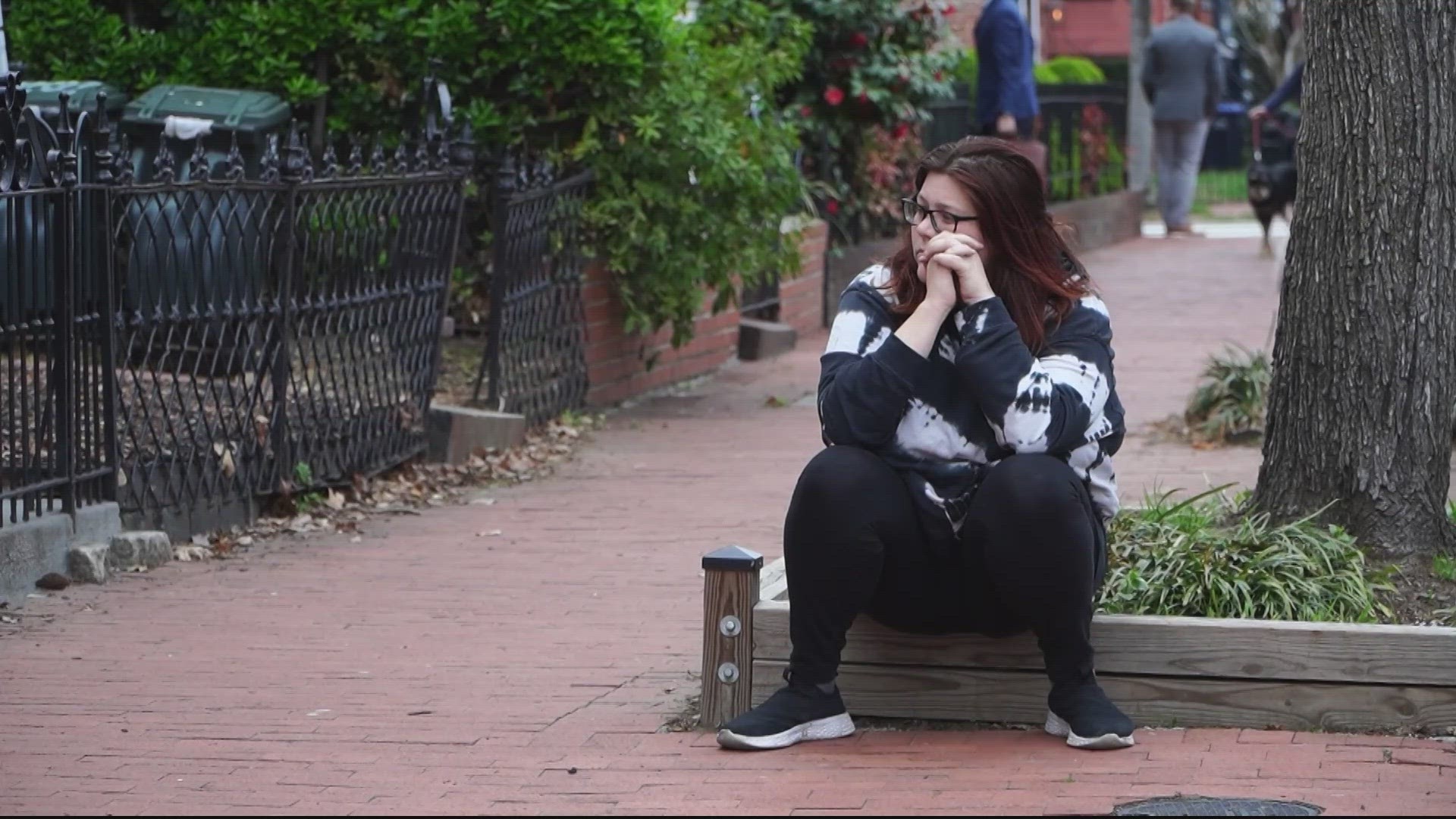WASHINGTON — Jury selection began Wednesday for a group of anti-abortion activists accused of using ropes and chains to blockade the entrance to a D.C. clinic in 2020.
U.S. District Judge Colleen Kollar-Kotelly ordered a larger-than-usual pool of 100 prospective jurors to report to the D.C. District Court just after 9 a.m. The pool will be asked a series of questions, including whether they have any “personal, political, moral or religious opinions or beliefs” about reproductive health services that would make it difficult for them to serve on the jury.
In a pretrial conference Tuesday, Kollar-Kotelly warned attorneys she would not allow the trial to become a political sideshow or to devolve into unsubstantiated claims by the defendants that the clinic was engaged in wrongdoing. She reiterated her warning Wednesday morning after learning a group in support of the defendants had been handing out fliers making exactly those claims outside an entrance to the courthouse where prospective jurors often enter.
“I’m putting you on notice to be careful,” Kollar-Kotelly said.
PREVIOUS REPORTING
- 5 fetuses discovered in house where anti-abortion activist was staying
- Anti-abortion activist planned two more clinic invasions in January, DOJ says
- Judge bars ‘vigilante’ defenses ahead of anti-abortion activists’ trial
- Anti-abortion activist wants to show graphic fetal remains photos at clinic blockade trial
- Feds charge anti-abortion activists with ‘conspiracy against rights’
The five defendants are the first group of a 10-person indictment to go to trial on federal felony charges of clinic access obstruction and conspiracy against rights for allegedly blockading the Washington Surgi-Clinic in October 2020. The defendants in the first group are:
- Lauren Handy
- John Hinshaw
- Heather Idoni
- William Goodman
- Herb Geraghty
In an indictment unsealed last March, federal investigators said Handy, a full-time anti-abortion activist who founded the group Mercy Missions, booked an appointment at the clinic on the morning of Oct. 22, 2020, under the false name “Hazel Jenkins.” When a clinic employee opened the door for her, investigators say Handy and her co-defendants forced their way into the clinic. In the process they allegedly knocked a clinic employee over, causing her to break her ankle.
Once inside, the defendants allegedly moved chairs to block the entrance to the clinic’s treatment area and used chains and rope to tie them together. Investigators say a defendant from the second trial group, Jonathan Darnel, livestreamed the blockade, saying at one point, “We have people intervening physically with their bodies to prevent women from entering the clinic to murder their children.”
Handy and her co-defendants collectively have a long history of anti-abortion protests around the country, including some that have resulted in arrests or convictions. Handy was sentenced last July to 30 days in jail after being convicted of trespassing at an Alexandria women’s clinic in 2021. In November, she and other members of the activist group Progressive Anti-Abortion Uprising were sentenced to 45 days in jail for obstructing a Michigan clinic’s operations in 2019.
Handy is the anti-abortion activist who made headlines last March after she reported having more than 100 fetal remains in her Capitol Hill home. The D.C. Office of the Chief Medical Examiner said fetuses recovered from Handy’s home all appeared to have been aborted in accordance with D.C. law.
A WUSA9 review of D.C. Department of Health inspection reports and medical licensing history found the Washington Surgi-Clinic had no significant compliance issues over the previous five years and its sole medical provider had no disciplinary history over 20 years of practicing medicine.
Five other defendants – Jonathan Darnel, Paula Harlow, Jay Smith, Jean Marshall and Joan Bell – were scheduled to begin trial on the same charges as Handy in September.

